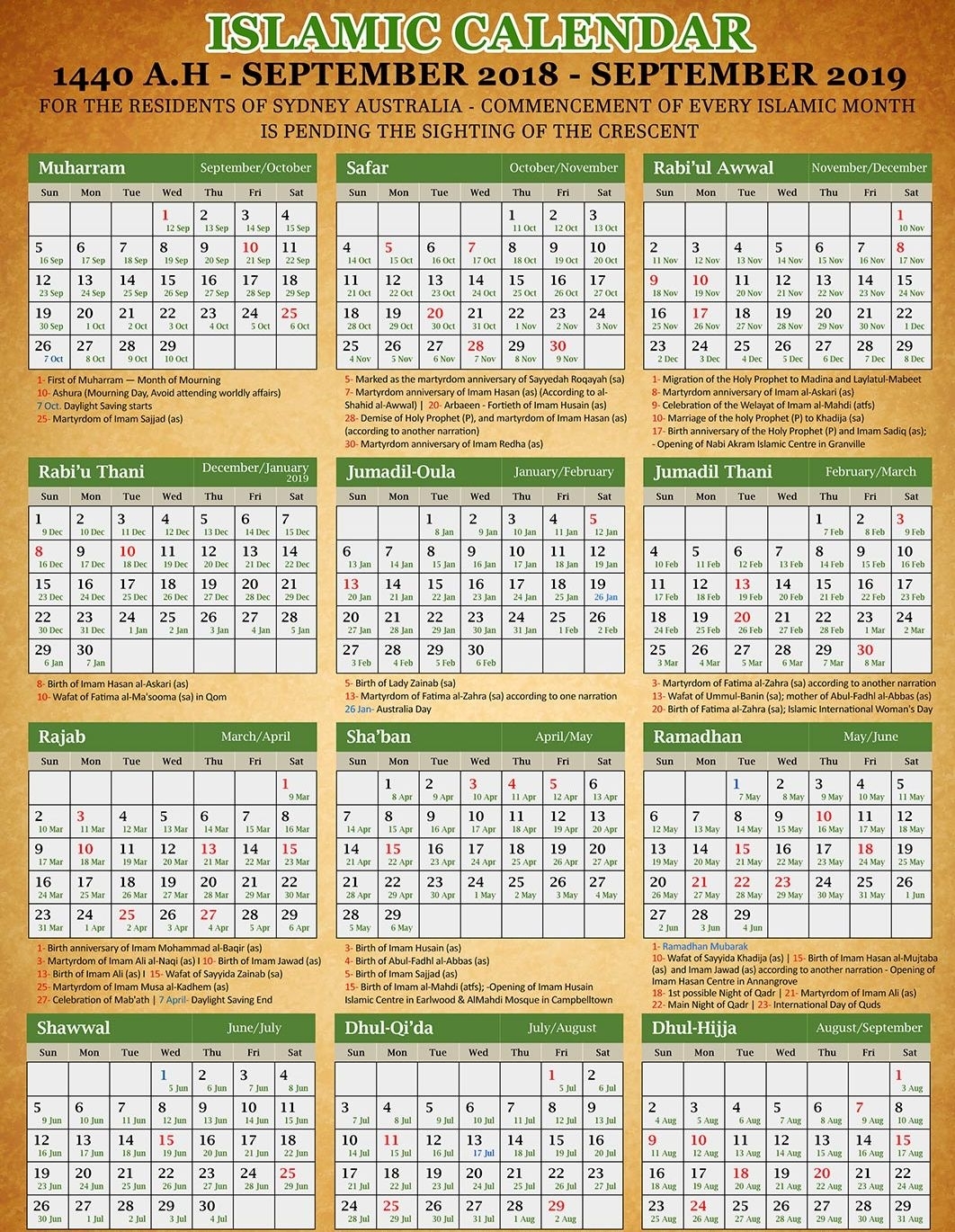
Later, Abraham was commanded to build the Kaaba (which he did with the help of Ishmael) and to invite people to perform pilgrimage there.

Returning in despair to Ishmael, she saw the baby scratching the ground with his leg and a water fountain sprang forth underneath his foot. In search of water, Hajar desperately ran seven times between the two hills of Safa and Marwah but found none. According to Islamic tradition, Abraham was ordered by God to leave his wife Hajar and his son Ishmael alone in the desert of ancient Mecca. However, according to the Quran, elements of Hajj trace back to the time of Abraham. The present pattern of Hajj was established by Muhammad. Similarly in Islam, the person who commits the Hajj to Mecca has to circle around the Kaaba and offer sacrifices. In the Temple, every festival would bring a sacrificial feast. From this custom, the root was borrowed for the familiar meaning of holiday, celebration and festivity. Judaism uses circumambulation in the Hakafot ritual during Hoshanah Rabbah at the end of the Festival of Sukkot and on Simchat Torah traditionally, Jewish brides circumambulate their grooms during the wedding ceremony under the chuppah. The meaning of the verb is "to circle, to go around". The letter in Arabic: حج is similar to the Hebrew: חג ḥag, which means " holiday", from the triliteral Semitic root ח-ג-ג.

However, the Umrah is not a substitute for the Hajj and Muslims are still obligated to perform the Hajj at some other point in their lifetime if they have the means to do so. Muslims may also undertake an Umrah ( Arabic: عُمرَة), or "lesser pilgrimage" to Mecca at other times of the year. A celebration of the four-day global festival of Eid al-Adha proceeds afterwards. After the sacrifice of an animal (which can be accomplished by using a voucher), the pilgrims then are required to either shave or trim their heads (if male) or trim the ends of their hair (if female).
#Islamic calendar 2017 saudi arabia series
During Hajj, pilgrims join processions of millions of people, who simultaneously converge on Mecca for the week of the Hajj, and perform a series of rituals: each person walks counter-clockwise seven times around the Kaaba (a cube-shaped building and the direction of prayer for Muslims), walks briskly back and forth between the hills of Safa and Marwah seven times, then drinks from the Zamzam Well, goes to the plains of Mount Arafat to stand in vigil, spends a night in the plain of Muzdalifa, and performs symbolic Stoning of the Devil by throwing stones at three pillars.

The Hajj is associated with the life of Islamic prophet Muhammad from the 7th century AD, but the ritual of pilgrimage to Mecca is considered by Muslims to stretch back thousands of years to the time of Abraham. In 2022 AD (1443 AH), Dhu al-Hijjah extends from 30 June to 29 July. Because the Islamic calendar is lunar and the Islamic year is about eleven days shorter than the Gregorian year, the Gregorian date of Hajj changes from year to year. The rites of pilgrimage are performed over five to six days, extending from the 8th to the 12th or 13th of Dhu al-Hijjah, the last month of the Islamic calendar. The word Hajj means "to attend a journey", which connotes both the outward act of a journey and the inward act of intentions. The Hajj is a demonstration of the solidarity of the Muslim people, and their submission to God ( Allah). It is one of the Five Pillars of Islam, alongside Shahadah (oath to God), Salat (prayer), Zakat (almsgiving) and Sawm (fasting of Ramadan). In Islamic terminology, Hajj is a pilgrimage made to the Kaaba, the "House of God", in the sacred city of Mecca in Saudi Arabia. Hajj is a mandatory religious duty for Muslims that must be carried out at least once in their lifetime by all adult Muslims who are physically and financially capable of undertaking the journey, and of supporting their family during their absence from home. The Hajj ( / h ɑː dʒ/ Arabic: حَجّ Ḥajj sometimes also spelled Hadj, Hadji or Haj in English) is an annual Islamic pilgrimage to Mecca, Saudi Arabia, the holiest city for Muslims.


 0 kommentar(er)
0 kommentar(er)
